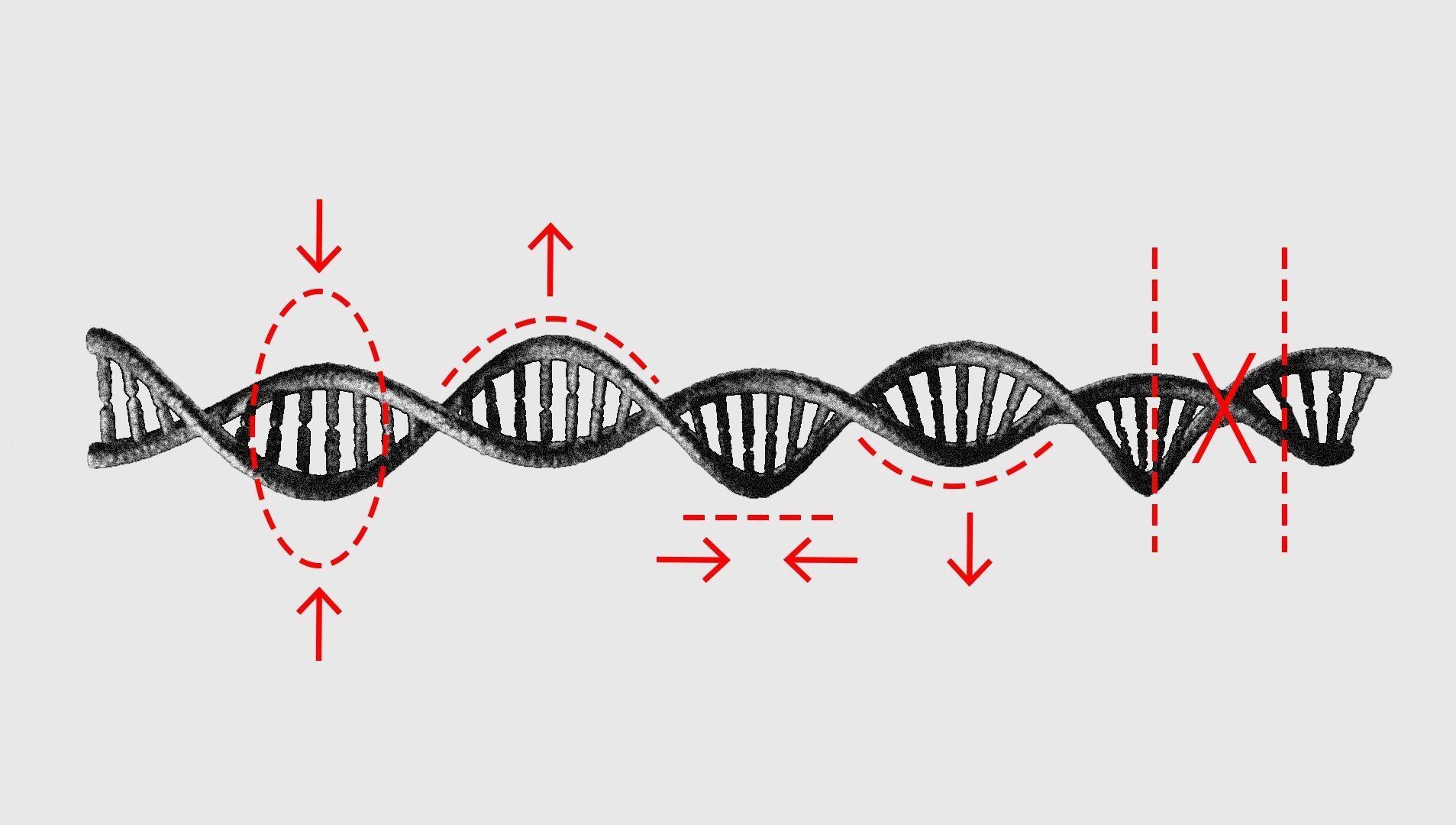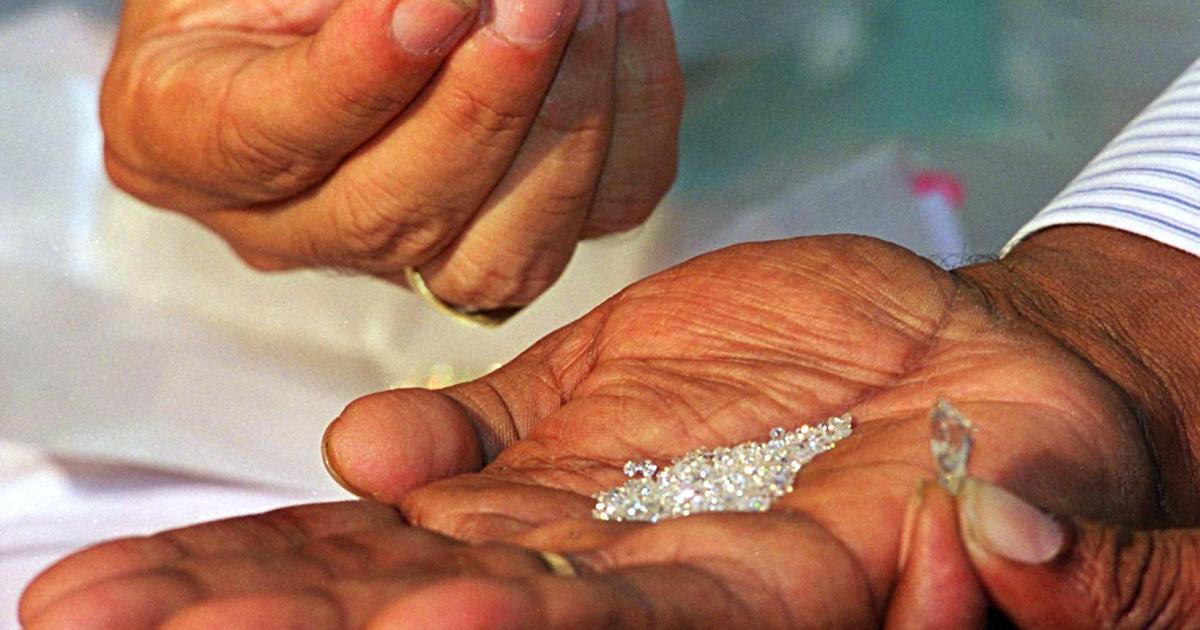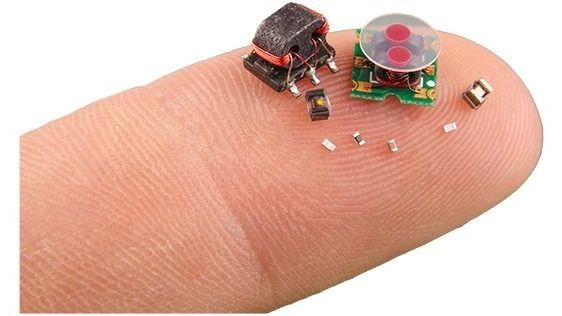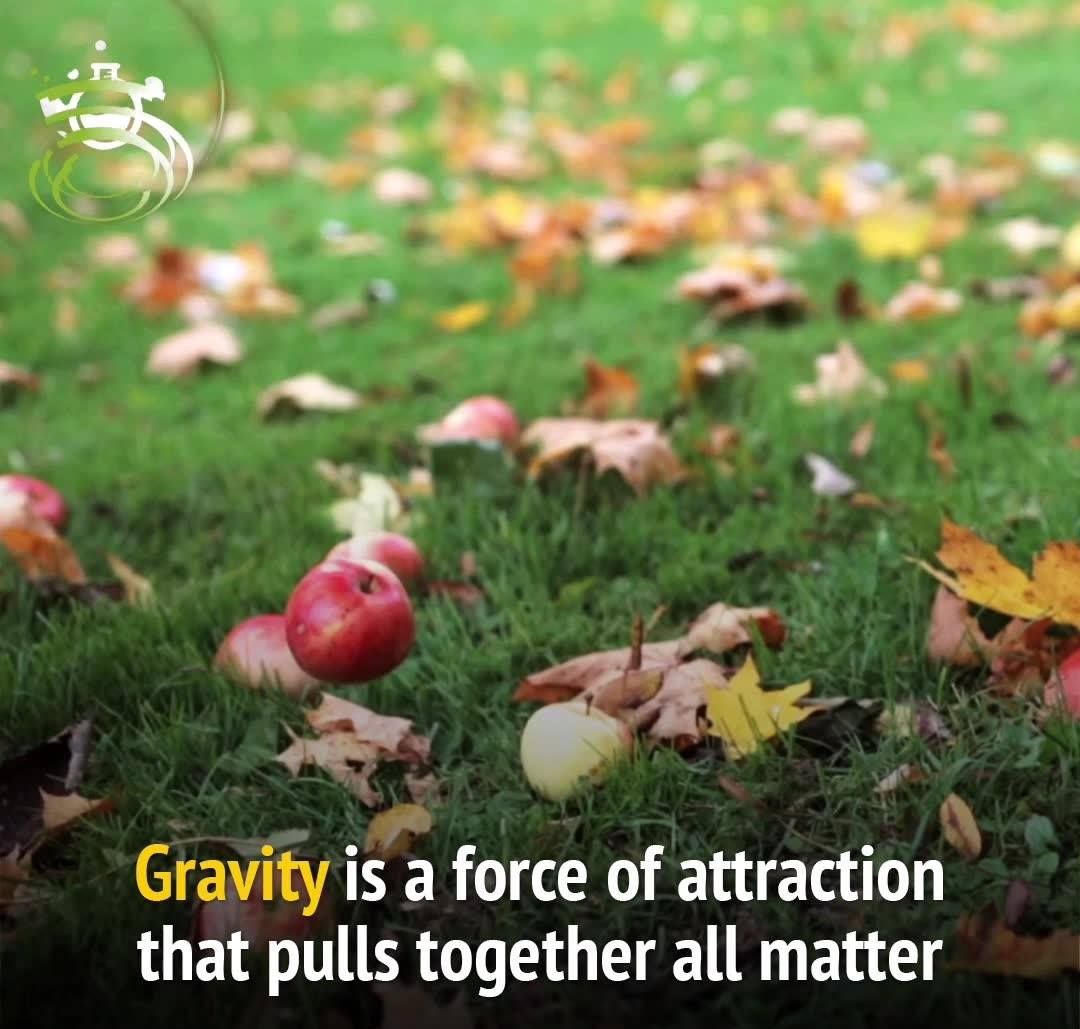Page 9600
Jul 17, 2018
Scientists have created an AI inside a test tube using strands of DNA, and they hope it will soon start to form its own ‘memories’
Posted by John Gallagher in categories: biotech/medical, robotics/AI
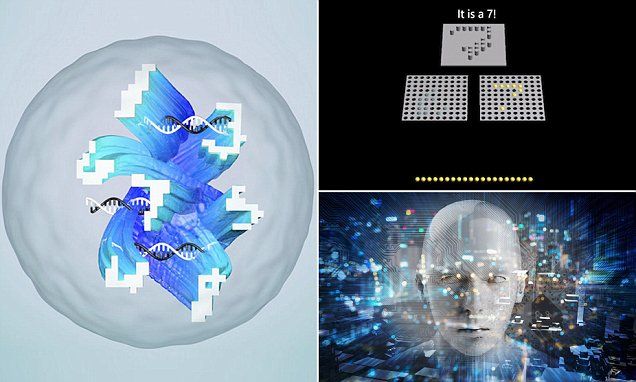
An artificial neural network that’s made entirely from DNA and mimics the way the brain works has been created by scientists in the lab.
The test tube artificial intelligence can solve a classic machine learning problem by correctly identifying handwritten numbers.
Jul 17, 2018
CRISPR editing may cause more DNA damage than expected
Posted by John Gallagher in categories: biotech/medical, genetics
“The DNA chaos that CRISPR unleashes has been ‘seriously underestimated,’” study author and geneticist Allan Bradley of U.K.’s Wellcome Sanger Center tells STAT. “This should be a wake-up call.”
Read more toggle.
Jul 17, 2018
Scientists just found £150,000,000,000,000,000,000,000,000 of diamonds on Earth
Posted by John Gallagher in category: economics
Don’t tell the Hatton Garden gang: scientists just unearthed an eye-watering hoard of diamonds, so valuable it would completely destroy the world’s economy.
The scientists reckon there’s a quadrillion tonnes of diamond buried in the ‘cratonic roots’ in continents.
There’s just one, tiny, catch: the treasure trove is buried 100 miles down, deeper than any drill has ever penetrated, according to MIT researchers.
Continue reading “Scientists just found £150,000,000,000,000,000,000,000,000 of diamonds on Earth” »
Jul 17, 2018
“No sensible decision can be made any longer without taking into account not only the world as it is, but the world as it will be”
Posted by Jacob Anderson in category: futurism
Jul 17, 2018
Developing Microrobotics for Disaster Recovery and High-Risk Environments
Posted by Klaus Baldauf in category: robotics/AI
Imagine a natural disaster scenario, such as an earthquake, that inflicts widespread damage to buildings and structures, critical utilities and infrastructure, and threatens human safety. Having the ability to navigate the rubble and enter highly unstable areas could prove invaluable to saving lives or detecting additional hazards among the wreckage. Partnering rescue personnel with robots to evaluate high-risk scenarios and environments can help increase the likelihood of successful search and recovery efforts, or other critical tasks while minimizing the threat to human teams.
“Whether in a natural disaster scenario, a search and rescue mission, a hazardous environment, or other critical relief situation, robots have the potential to provide much needed aide and support,” said Dr. Ronald Polcawich, a DARPA program manager in the Microsystems Technology Office (MTO). “However, there are a number of environments that are inaccessible for larger robotic platforms. Smaller robotics systems could provide significant aide, but shrinking down these platforms requires significant advancement of the underlying technology.”
Technological advances in microelectromechanical systems (MEMS), additive manufacturing, piezoelectric actuators, and low-power sensors have allowed researchers to expand into the realm of micro-to-milli robotics. However, due to the technical obstacles experienced as the technology shrinks, these platforms lack the power, navigation, and control to accomplish complex tasks proficiently.
Jul 17, 2018
A Novel Gene Therapy To Treat One Of The World’s Biggest Growing Chronic Disease: Dementia and Alzhiemer’s
Posted by Manuel Canovas Lechuga in categories: biotech/medical, life extension, robotics/AI
The brain is about 10% neurons and 90% neural network support cells, called neuroglia, or glial cells, which surround and insulate neurons, protect them from damage, and supply them with nutrients and oxygen. Neuroglia are often found to malfunction in neurological disorders such as Alzheimer’s Disease or amyotrophic lateral sclerosis (ALS).
Research studies indicate that telomerase gene therapy may not only reverse Alzheimer’s Disease and other dementias, but it may even protect people from developing such diseases.
This is indeed hopeful news for the nearly 50 million victims of Alzheimer’s or related dementia worldwide as well as for the millions of aging people with Parkinson’s and aging-related mental decline.
Jul 17, 2018
Genetically modified babies given go ahead
Posted by Genevieve Klien in categories: biotech/medical, genetics
The Nuffield Council on Bioethics says changing the DNA of a human embryo could be ‘morally permissable’ if it is in the child’s best interests.
Ian Sample Science editor.
Excuses for age-related death are just that: excuses.
The knowledge that every ambition is doomed to frustration at the hands of a skeleton has never prevented the majority of human beings from behaving as though death were no more than an unfounded rumor.
The quote above is by Aldous Huxley. It sums up very well humanity’s attitude towards death, and interestingly, it can be interpreted in two opposite ways: praise for the human ability to soldier on, even in the face of inevitable demise, or a short, withering remark on how delusional we can be that, if we just ignore it really hard, maybe we don’t need to worry about death.

